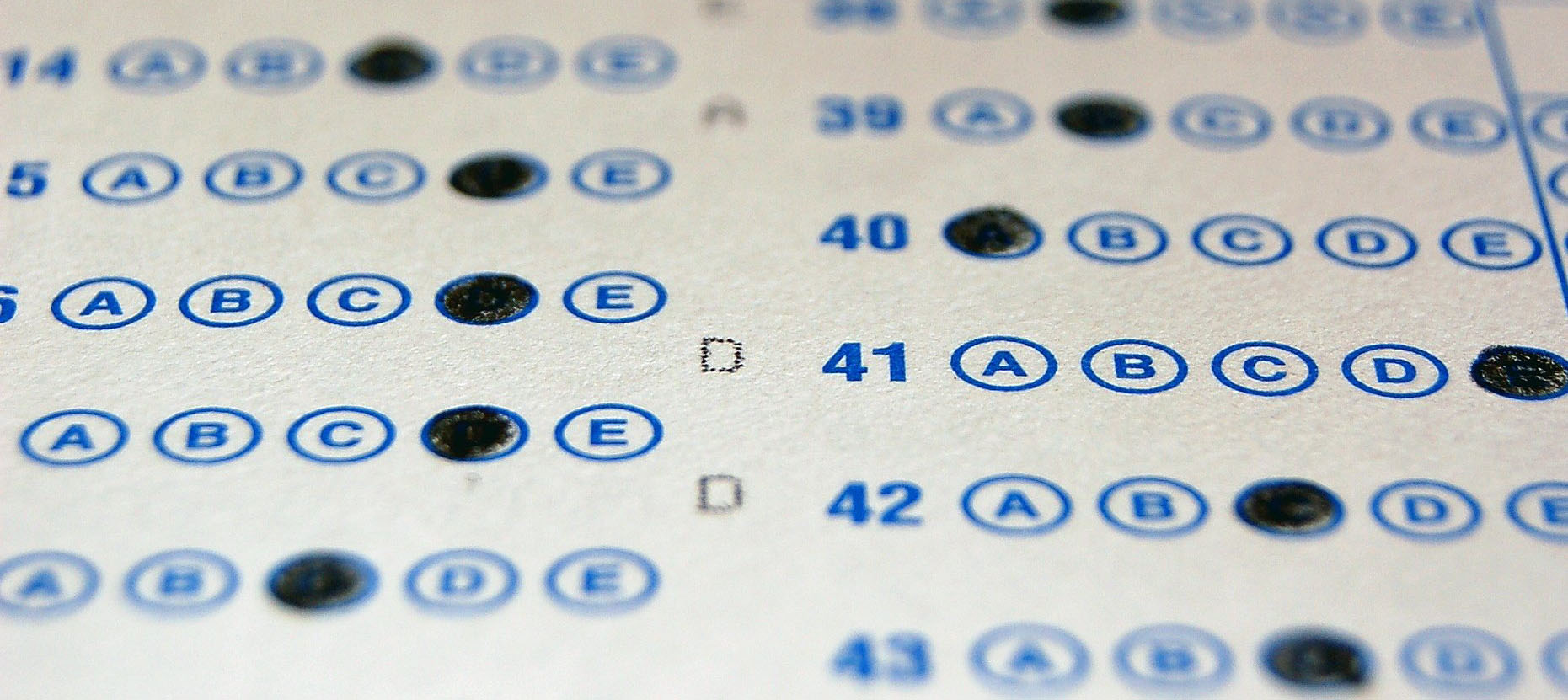
Iris Maria Chávez is an education advocate and communications consultant, currently working with national and Oregon focused organizations to advance equity by supporting the creation of just policies, engaging with communities and supporting communications efforts that better communities in Oregon and across the nation. Iris Maria has lived in Portland for just over a year and came to the Pacific Northwest from Washington, D.C., where she worked for over a decade in education policy and advocacy for civil rights and advocacy organizations such as the Education Trust and the League of United Latin American Citizens (LULAC). Iris Maria earned a BA in history, sociology and African diaspora studies from Tulane University in New Orleans and a MA in social policy from the University of Chicago, during which she also worked as a social worker in the Chicago Public Schools.
If you have a child with disabilities, you’re not alone: According to the latest data, over 7 million American schoolchildren — 14% of all students ages 3-21 — are classified as eligible for special...
The fight for educational equity has never been just about schools. The real North Star for this work is providing opportunities for each child to thrive into adulthood. This means that our advocacy...
The story you tell yourself about your own math ability tends to become true. This isn’t some Oprah aphorism about attracting what you want from the universe. Well, I guess it kind of is, but...
Your donations support the voices who challenge decision makers to provide the learning opportunities all children need to thrive.
Ed Post is the flagship website platform of brightbeam, a 501(c3) network of education activists and influencers demanding a better education and a brighter future for every child.
© 2020–2024 brightbeam. All rights reserved.